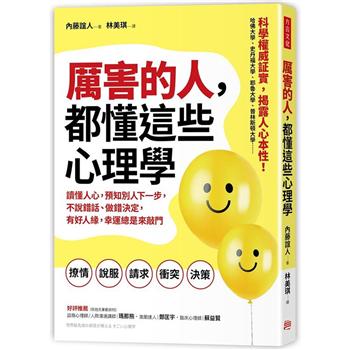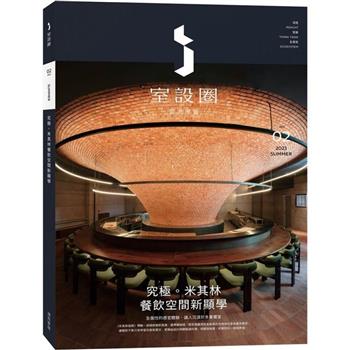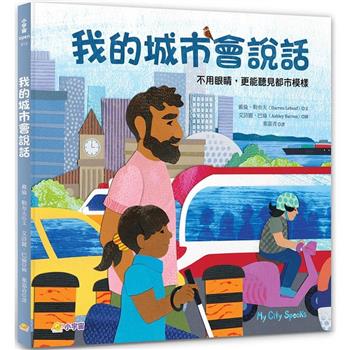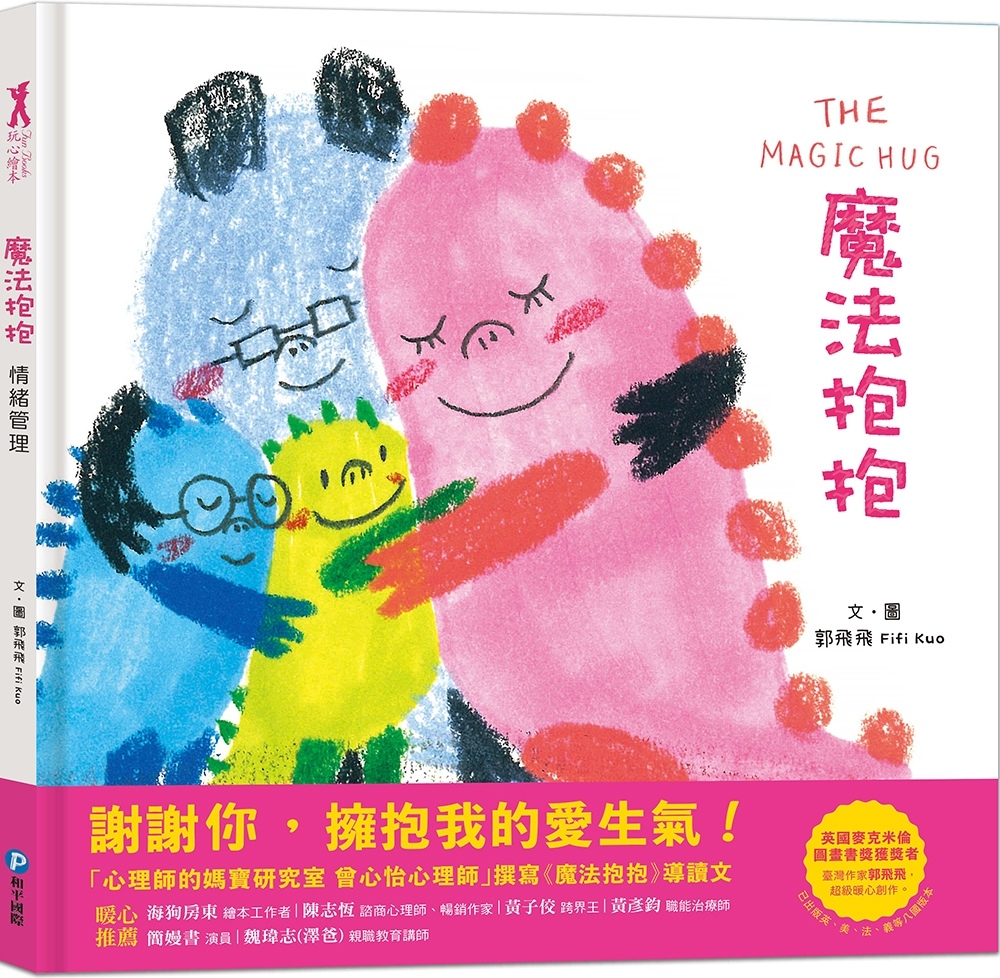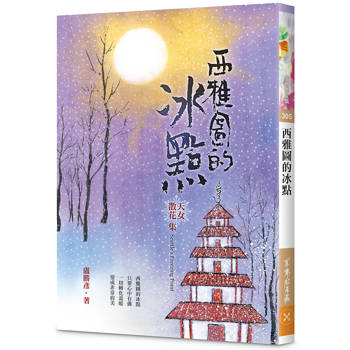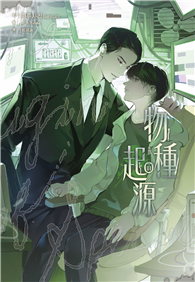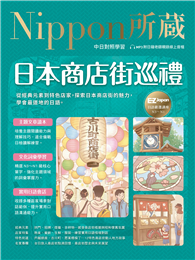This volume contains the complete transcript of the public debate held in Reading, England, in March 1839, between Robert Owen, the renowned social reformer and founder of New Lanark, and the Reverend William Legg. The debate centered on Owen’s radical "New Views of Society," which challenged traditional social structures and religious beliefs.
Owen, a proponent of utopian socialism, advocated for communal living, scientific education, and a re-evaluation of societal norms. Legg, representing orthodox religious perspectives, critiqued Owen’s ideas, defending traditional morality and the role of religion in society. The "Report of the Discussion" offers a fascinating glimpse into the intellectual and social ferment of the early Victorian era, capturing the clash between progressive and conservative ideologies. It remains a valuable primary source for understanding the history of socialist thought, religious debates, and the quest for social reform in 19th-century Britain.
This work has been selected by scholars as being culturally important, and is part of the knowledge base of civilization as we know it. This work was reproduced from the original artifact, and remains as true to the original work as possible. Therefore, you will see the original copyright references, library stamps (as most of these works have been housed in our most important libraries around the world), and other notations in the work.
This work is in the public domain in the United States of America, and possibly other nations. Within the United States, you may freely copy and distribute this work, as no entity (individual or corporate) has a copyright on the body of the work.
As a reproduction of a historical artifact, this work may contain missing or blurred pages, poor pictures, errant marks, etc. Scholars believe, and we concur, that this work is important enough to be preserved, reproduced, and made generally available to the public. We appreciate your support of the preservation process, and thank you for being an important part of keeping this knowledge alive and relevant.


